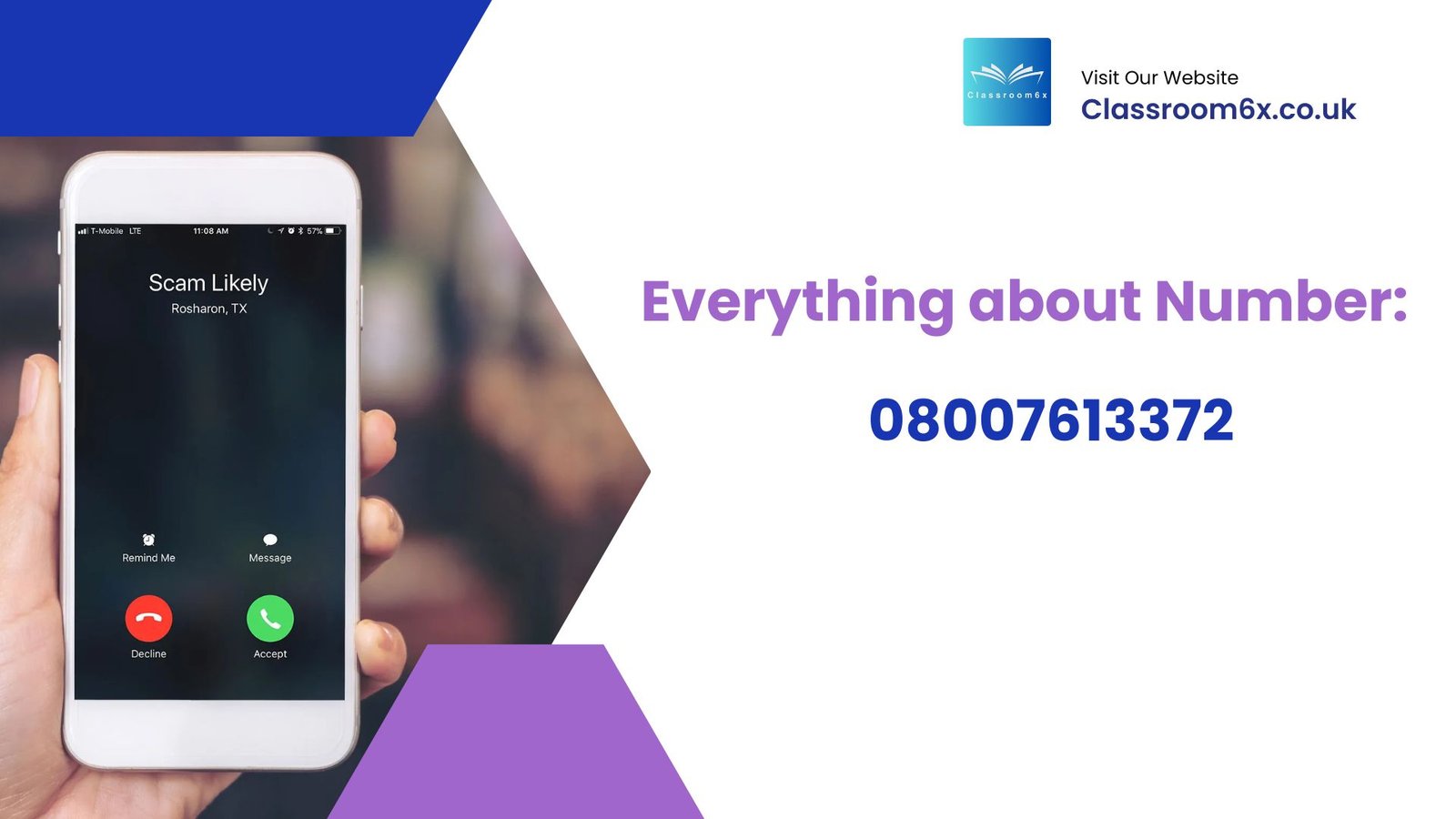Introduction:
Small companies trying to increase sales growth and improve their market visibility now depend critically on pay-per- click (PPC) advertising. PPC provides a focused approach unlike conventional advertising techniques, enabling companies to contact certain consumers and monitor the real-time campaign results. Covering strategy formulation, campaign administration, and optimization strategies, this paper investigates how small firms could properly use PPC to achieve sales growth.
PPC specifically stands for pay-per-click. PPC is a type of online marketing where the advertiser pays a publisher for each ad click. Key takeaways on PPC: Keyword targeting and ad placement. It provides instant visibility, precise targeting of the audience, and measurable ROI, making it a phenomenal tool for online sales growth.
Understanding PPC Advertising: Basics and Benefits:
Under PPC advertising, companies pay a charge every time a given ad is clicked. Targeting consumers depending on search queries, interests, or demographics, ads show up on search engines, social media, and other websites. Google Ads is the most often used PPC platform; other ones include Bing Ads and social media sites like Facebook and LinkedIn. PPC agency Stockport is best in running these ads.
Understanding pay-per-click (PPC) advertising is vital to driving quality traffic to your website. It is an online marketing model in which one pays when a user simply clicks the ad. It provides cost-effective brand awareness and lead generation since it provides immediate visibility and audience targeting with measurable results.
Key Benefits of PPC for Small Businesses:
For small enterprises, PPC provides a number of advantages including:
- Reach particular groups depending on keywords, region, demography, and interests via targeted advertising.
- Create budgets and bid amounts to help to regulate expenditure.
- As soon as the campaign begins, get rapid visibility and traffic.
- Track performance indicators and modify plans depending on data to provide appreciable return on investment.
- Brand awareness should be raised on many channels and in search engine results.
The Ways Small Businesses Leverage PPC for Sales Growth:
Developing a PPC Strategy: Key Considerations:
Clearly stated goals are absolutely vital when starting a PPC campaign. Objectives could include higher internet traffic, lead generation, more business sales, or brand awareness building. Setting particular, quantifiable, realistic, pertinent, and time-bound (SMART) goals will direct the plan and enable evaluation of progress. Good PPC advertising depends on knowing your target market. Based on demographics, hobbies, and internet activity, define your perfect clients. Create audience groups using this data, then customize your adverts to fit their tastes and requirements.
Choosing the Right PPC Platforms:
Different PPC systems serve different audiences and corporate purposes. This includes:
- Perfect for grabbing search intent and getting consumers actively looking for goods or services are Google ads.
- Facebook ads work well for demographic, behavior, and interest based user targeting.
- LinkedIn ads: fit for industry-specific audiences and B2B companies aiming for professionals.
- Instagram ads are also very good for visual and lifestyle firms trying to interact with a younger audience.
Crafting Compelling Ad Copy and Creative:
The ad copy should be relevant to the target demographic, succinct, interesting. Main components consist of:
- Create interest with a powerful, striking title using main keywords.
- Clearly describe the advantages of your good or service then incorporate a compelling call-to- action (CTA).
- Important keywords will help your adverts show up in pertinent search searches.
Particularly on sites like Facebook and Instagram, visual components are absolutely vital in PPC advertisements. Make sure ad creatives attract attention, complement your brand, and look good. Show consistency with your brand’s look by using premium photos or videos.
Keyword Search and Selection:
PPC performance depends on keyword research in great measure. Using the correct keywords guarantees that your adverts show for pertinent search terms. Find low-key competition and high search volume keywords using Ahrefs, SEMrush, or Google Keyword Planner. To appeal to a variety of search intentions, combine long-tail, precise, and broad keywords. think about:
- Broad Keywords: Possibly have more competition and expenses even if you can reach a bigger audience.
- Target certain search questions for more pertinent traffic using exact keywords.
- Often with less competition, long-tailed keywords help to capture specialized markets.
Setting Up and Managing PPC Campaigns:
Create your PPC campaigns grouping ad groups around particular items or topics. Plan campaigns using pertinent keywords and ad text to guarantee high degrees of quality and relevance. Use conversion monitoring to gauge how well your advertising performs, and learn user interactions.
Based on your industry standards, goals, and competitors, figure your PPC budget. Use manual CPC (Cost-Per- Click), automatic bidding, or enhanced CPC to optimize return on investment and control expenses. Regularly monitor and modify bids depending on performance records.
Conclusion – Leverage PPC for Sales Growth:
Small businesses have a great leverage for increasing their sales growth, market visibility and boosting business growth. Small companies may use PPC to get notable results by clearly defining their approach, creating engaging advertising, and always improving campaigns. In the very competitive digital scene of today, PPC may become a major engine of success with proper planning, monitoring, and changes.
Small businesses can leverage PPC for sales growth by targeting specific audiences, optimizing ad spend, and focusing on high-intent keywords. With strategic ad placements and continuous monitoring, PPC campaigns can drive traffic, increase conversions, and provide measurable results, ultimately contributing to sustained sales growth and a competitive market presence.





